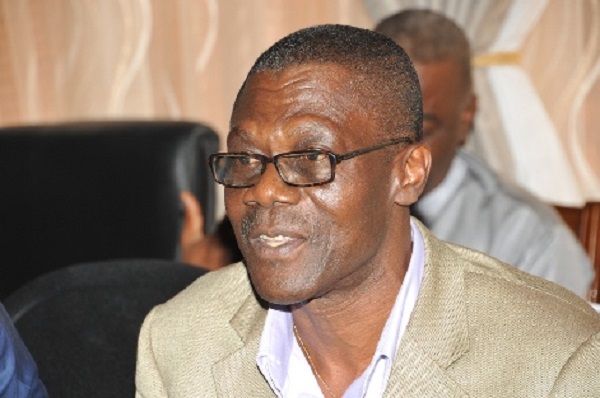Retired Lieutenant Colonel, Larry Gbevlo-Lartey, has said Ghana’s ongoing strategy to prevent violent extremism and terrorism appears airtight but it is crucial for groups like chiefs and the youth, to play a part.
The Executive Chairman of the security think tank, Human Security Research Centre (HSRC), said in Accra last Friday, August 20, 2021, that Ghana is also responding favourably to the globally agreed strategy to stamping out violent extremism and terrorism.
He said apart from a comprehensive National Framework for Preventing and Countering Violent Extremism and Terrorism in Ghana, the country has also developed the National Security Strategy.
“Both of these documents are beginning to focus on the human being and on the local community, instead of on things like guns and fighting over territory etc,†he said.
The Security capo was speaking to Prime News on the sidelines of a stakeholders’ workshop on preventing violent extremism.
Mr Gbevlo-Lartey said among peers on the African continent, Ghana currently has a good head start in the global effort to counter violent extremism and terrorism because the country was following the UN’s action plan to defeat the phenomenon.
Member states, he advised, need the courage and the appropriate resource deployment to implement the UN Action Plan on Preventing Violent Extremism.
“Now in Ghana we have come up with the National Framework for Preventing and Countering Violent Extremism and Terrorism… we are in a process of coming up with an implementation plan.
“I have read that document and I will say that that document contains a lot of things about implementation by way of structuring, who should belong to the national or the early warning system at the local level or at the national level, all have been streamlined already,†he praised Ghana’s document.
The AU advisor on security added: “I think that the opportunities in Ghana are good but we need to push and that document [Framework for Preventing and Countering Violent Extremism] is saying that it is a whole of society; it is the whole of government approach, which means the chiefs must be involved, the youth must be involved, the women must be involved. The mobilisation of these people on board is what the plan of action really needs to address.â€
Stakeholders at the workshop included representatives from the Swiss Foreign Affairs department, other security CSOs like WANEP, Ghana police, Armed Forces, Ministry of Foreign Affairs among others.
A recent report estimates that the proximity of Benin, Côte d’Ivoire, Ghana, the Gambia, Guinea, Senegal, and Togo to rapidly escalating instability in Burkina Faso, Mali, and Niger raises the possibility of a spillover of violent extremism from these core Sahelian states into the coastal West Africa region.
HSRC provides security advisory services to state agencies, international institutions/agencies and the private sector with an emphasis on Human Security, Environmental Protection, Local Economic Development, Prevention of Violent Extremism and National Stability issues.





